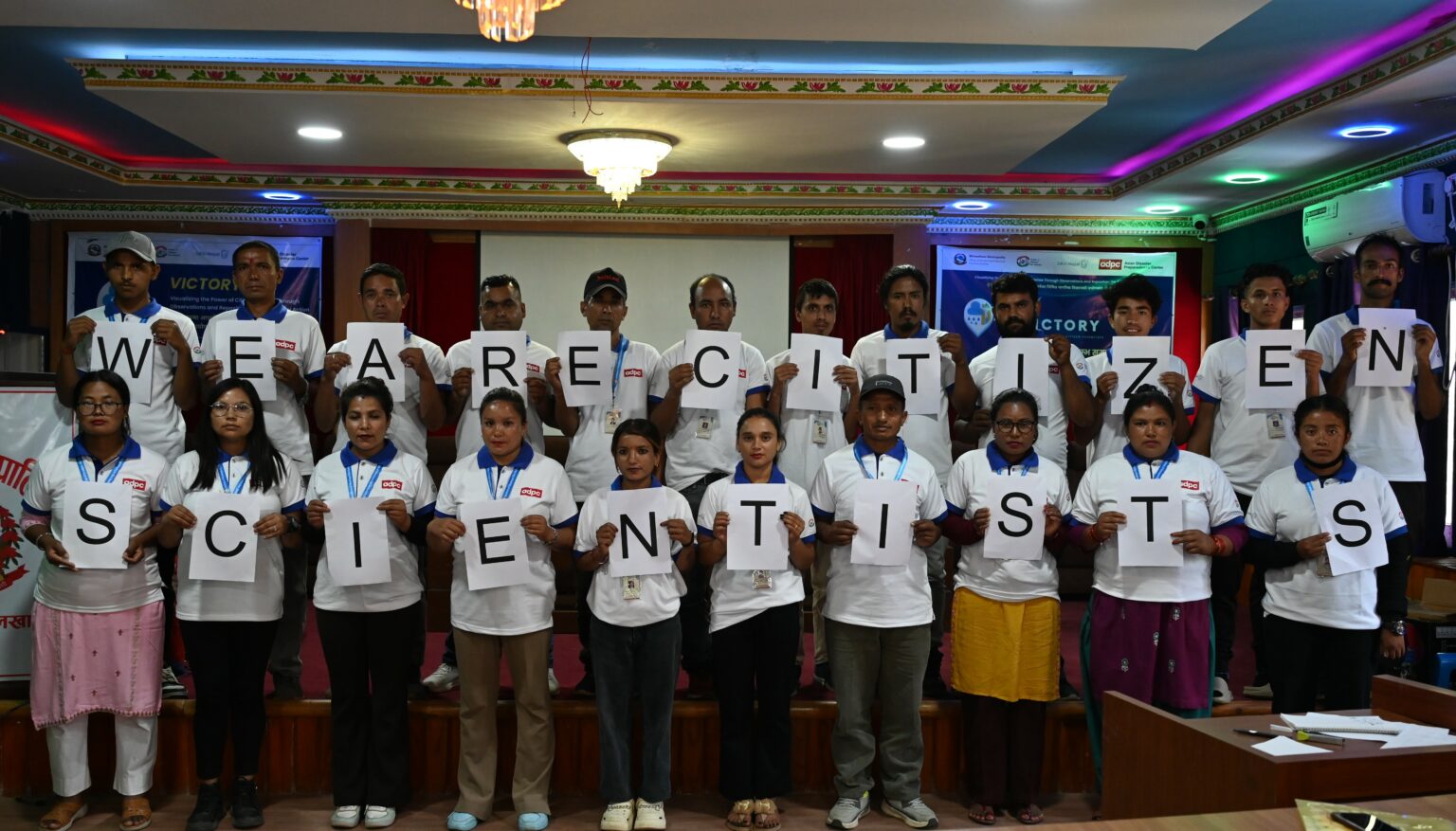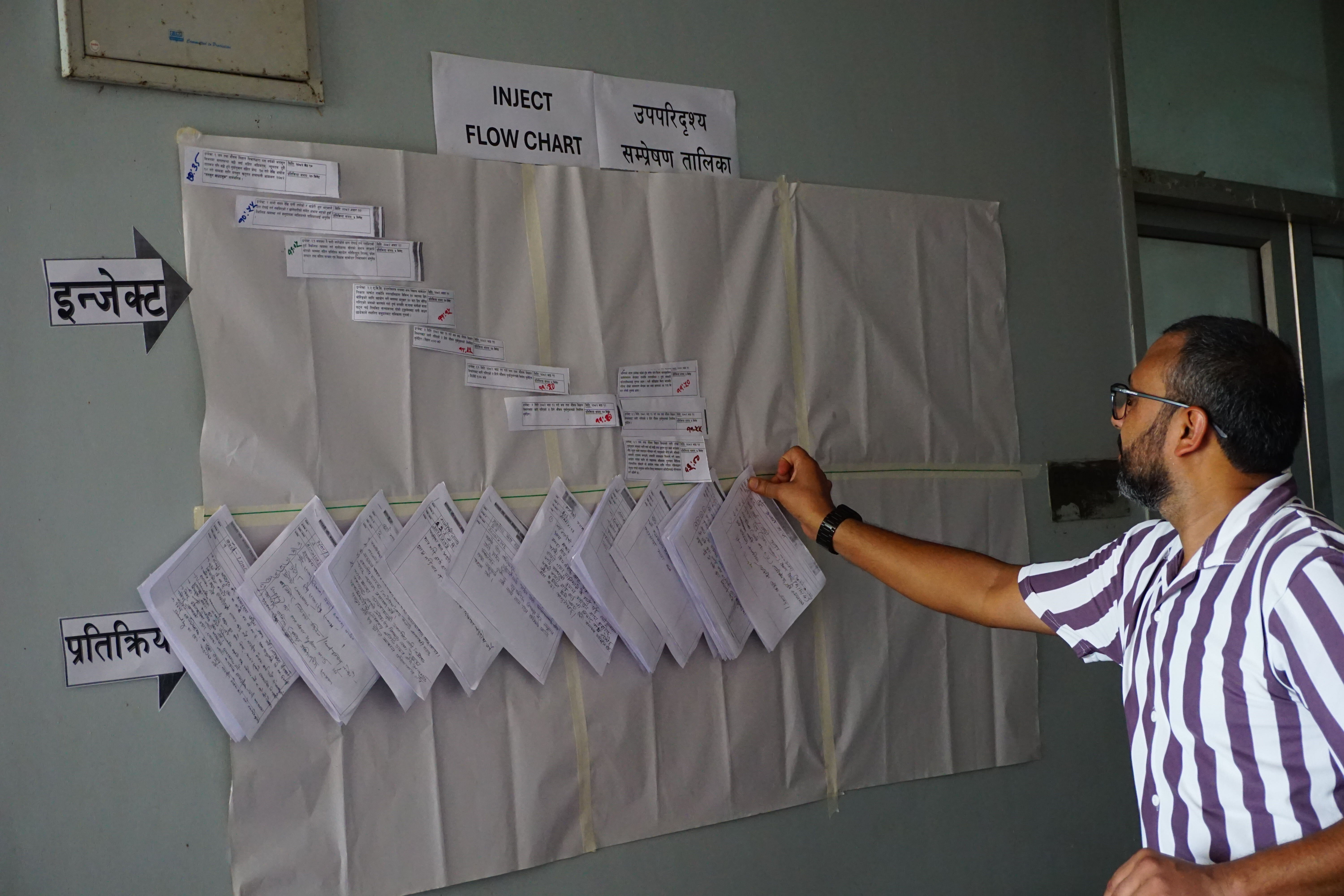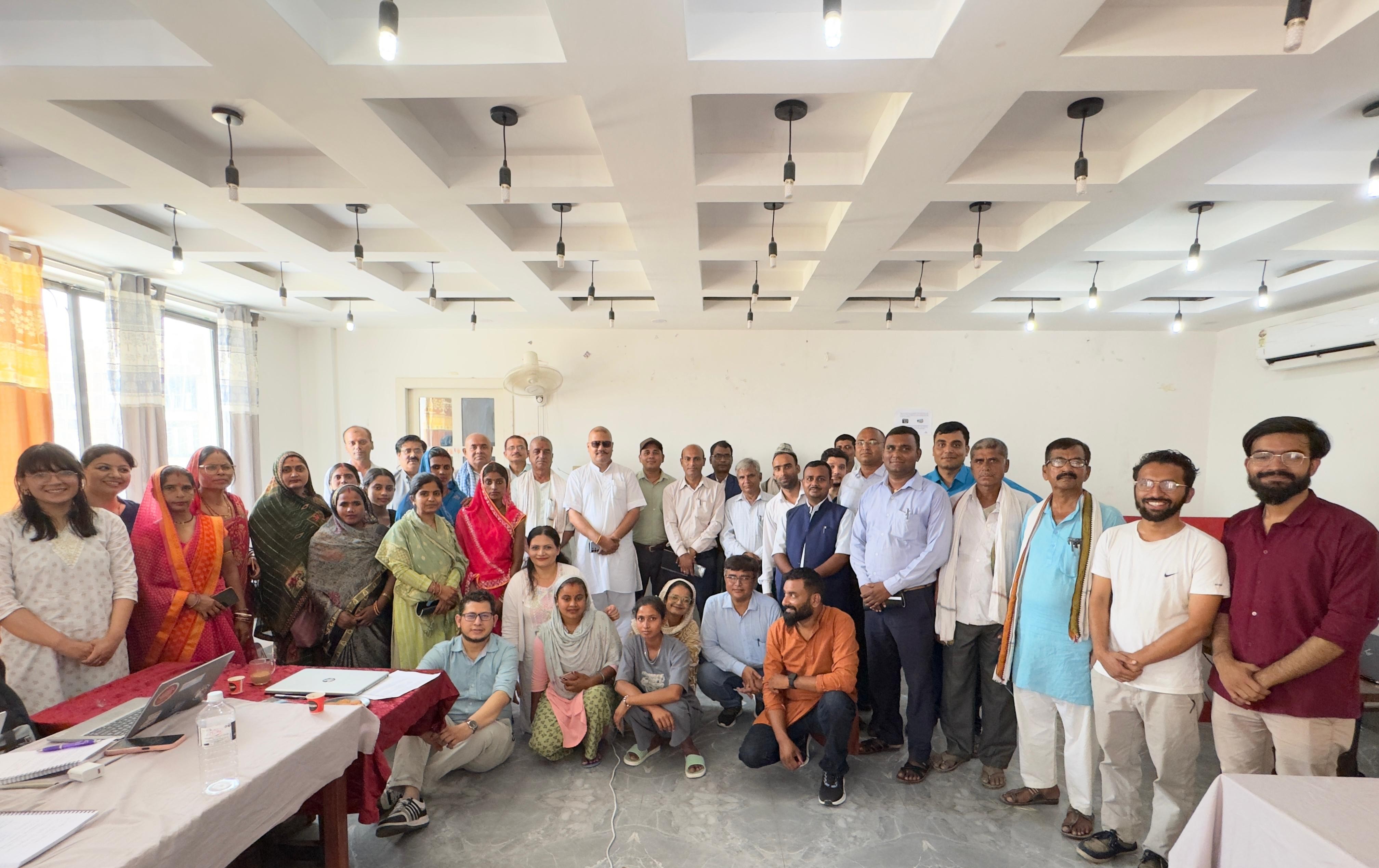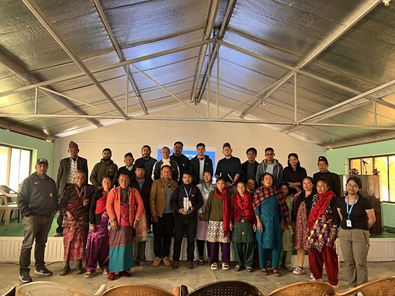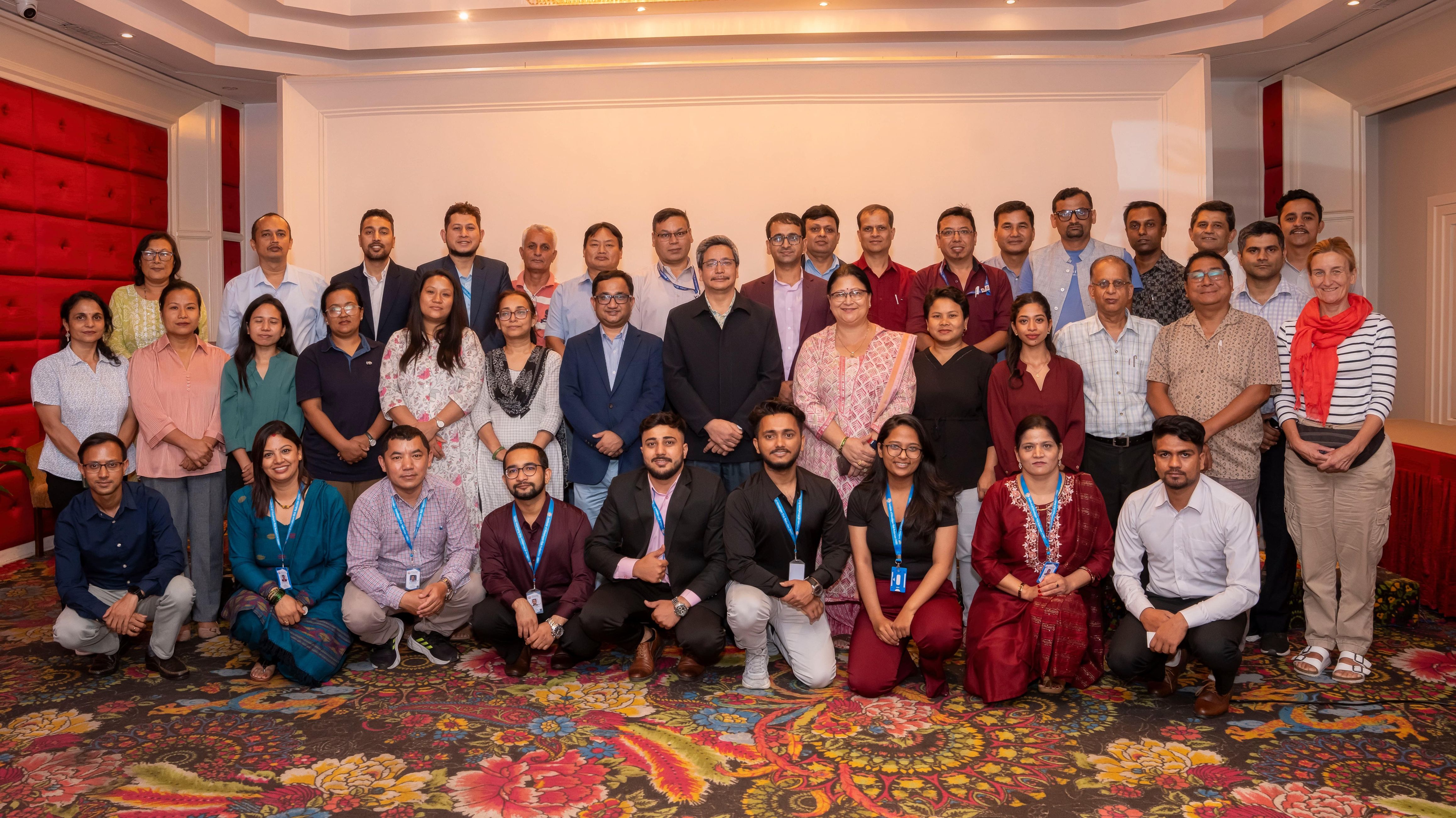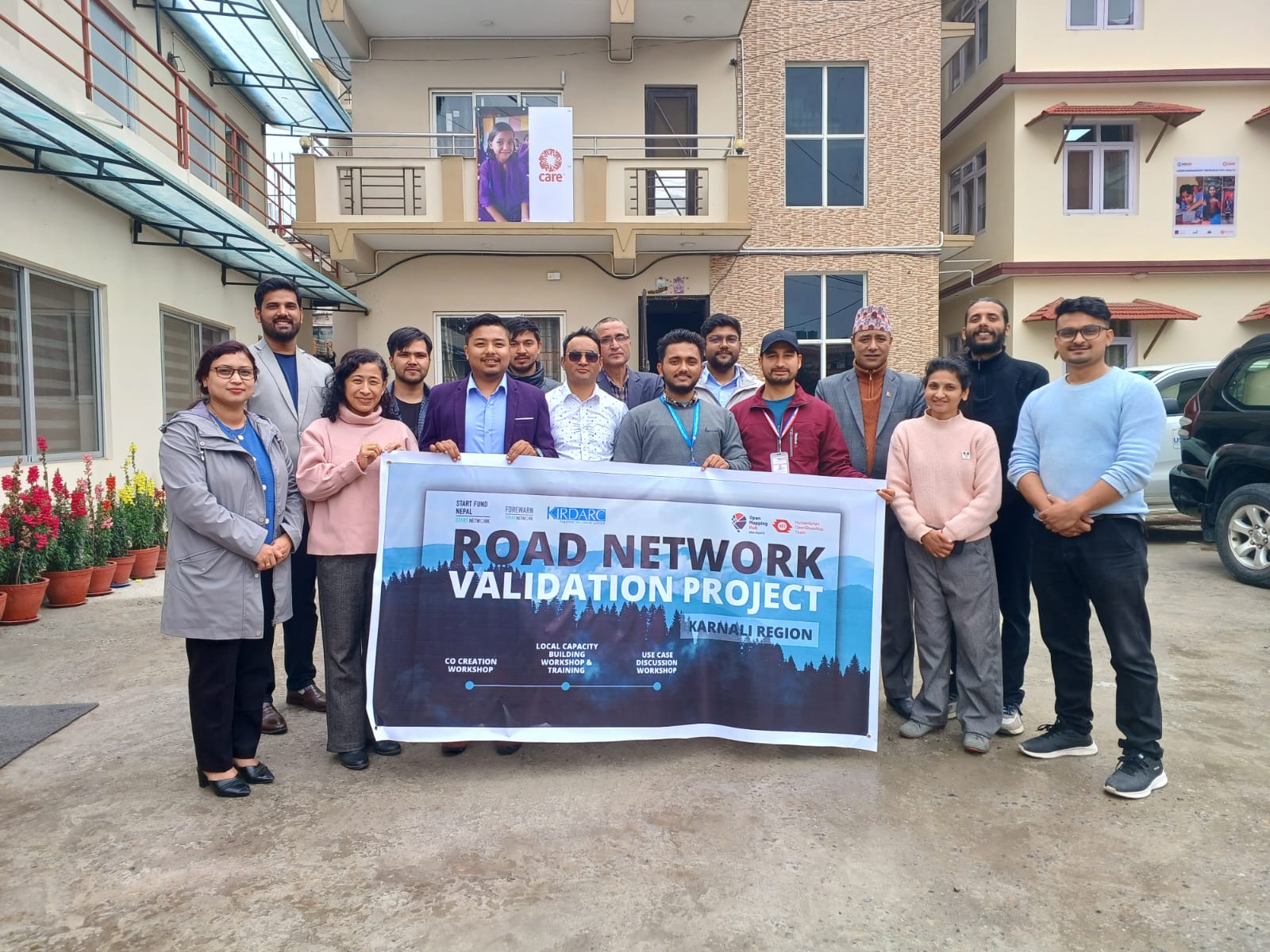Institute of Himalayan Risk Reduction (IHRR) in collaboration with Smartphones For Water Nepal (S4W-Nepal)
and supported by the Asian Disaster Preparedness Center (ADPC) has successfully launched the Victory Project at two municipalities: Barbardiya Municipality, Bardiya district which is prone to flood and Bhimeshwor Municipality, Dolakha district which is prone to landslide in Nepal. The VICTORY project stands for “Visualizing the Power of Citizen Science Through Observations and Repository for Anticipatory Action,” and aims to leverage citizen science to improve disaster preparedness. The project harnesses the collective strength of communities, turning everyday individuals into scientific contributors for the Early Warning System (EWS) in floods and landslides via the use of low-cost hardware (precipitation and water level sensors) and software solutions (citizen science crowdsourcing mobile application). The VICTORY facilitates early action and decision-making, minimizing the impact of disasters thereby demonstrating when science and citizens unite, remarkable transformations are possible.
The project began with an inception meeting with local representatives and ward-level sensitization meetings in both municipalities to enhance the understanding and capacities of local stakeholders in disaster management and preparedness. These meetings introduced the VICTORY project’s objectives, familiarized participants with the principles of citizen science, and emphasized the importance of community-driven data collection for developing effective early warning systems. During these interactive sessions, participants engaged in thorough discussions and transect walks to identify the most flood-prone and landslide-prone areas.
Subsequently, 58 citizen scientists in Barbardiya Municipality and 56 in Bhimeshwor Municipality were recruited to monitor rainfall, floods, and landslides. Capacity-building training sessions were organized for these citizen scientists to enhance their knowledge and skills in disaster preparedness and response. During the training, the citizen scientists pledged to monitor local disaster events, taking oaths from the respective Mayors and Deputy Mayors of Barbardiya and Bhimeshwor Municipalities. Additionally, 906 students from 15 secondary and high-level schools were oriented on the citizen science approach, the importance of water resources, and the need for monitoring for sustainable management.
Currently, citizen scientists are actively collecting rainfall, flood level, and landslide data in their localities using the Victory mobile application. To ensure data quality, each data entry undergoes a quality control process to address any potential challenges or issues. Simultaneously, we are motivating the citizen scientists through various approaches, including regular follow-ups and messages, awarding points, providing communication allowances, sharing weather data forecasts, and disseminating the collected data.
Looking ahead, we will sustain continuous engagement with local representatives, stakeholders, and relevant government agencies to ensure the sustainability of this citizen science approach and its integration into the municipalities’ disaster risk management strategies. Moreover, the project aims to foster risk-informed and resilient communities by empowering local governments, communities, and individuals through the innovative application of citizen science.
